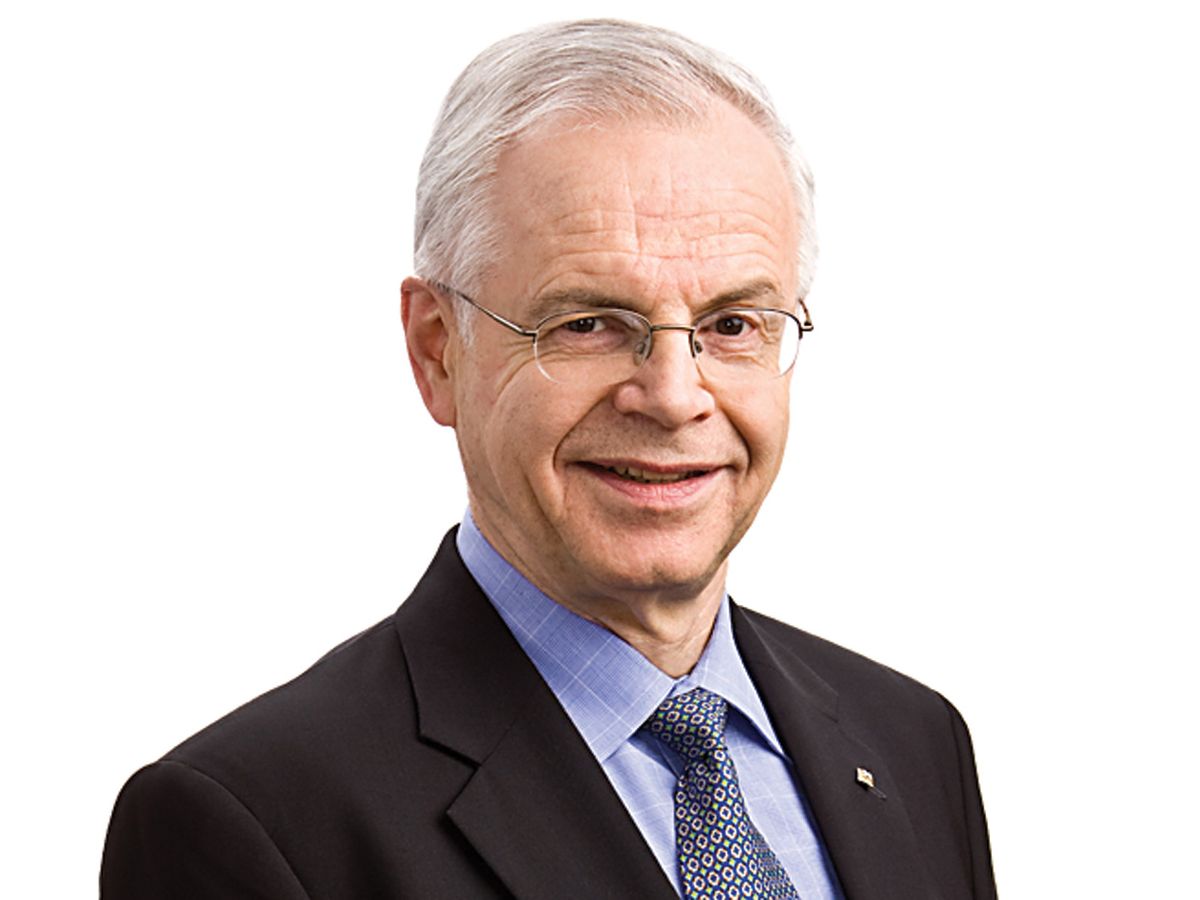THE INSTITUTE So, who runs IEEE? The volunteers do, of course. The Board of Directors consists of volunteers, and our journals, conferences, standards, and educational activities are all run by volunteers. Sure, IEEE employs about 1000 staff members, who bring needed business and professional skills, but major decisions are made by volunteers. Without volunteers, IEEE could not be the “leading professional association for the advancement of technology.”
A few months ago, I asked a fellow IEEE director to guess how many volunteers contribute to IEEE in a year. He answered, “Maybe 7000 to 8000?” My hunch was that the number was much higher, so I did a “back of the envelope” calculation and came up with 800,000 volunteers. The result astounded me. Since then, I’ve shown various “experts” my calculation. No one has yet found a flaw in it.
Here’s the arithmetic:
IEEE published more than 30,000 journal articles last year. Assuming a 50 percent acceptance rate and an average of five volunteers working on a single article—authors, reviewers, and editors—then 300,000-plus volunteers must have contributed (some may have contributed more than once, but we’ll correct for that later).
Another 300,000 volunteers authored, reviewed, and processed the approximately 140,000 conference articles published in 2008.
It took an average of more than 100 volunteers to organize each of the 900-plus conferences held last year—yielding another 100,000 volunteers.
Nearly 4000 organizational units—sections, chapters, student branches, societies, councils, and standards working groups—have at least 25 volunteers each. That yields another 100,000.
The total comes to 800,000 volunteers! But if each volunteer handles two assignments on average, and if my estimates are too high by a factor of two, there are 200,000 people volunteering for IEEE each year, still an incredible number. (Many volunteers are not IEEE members, but that is a topic for a future column.)
What motivates IEEE volunteers? The answer lies partly in the first-ever research of volunteerism in U.S.-based associations, done in 2007. The research—“The Decision to Volunteer”—was conducted by the American Society of Association Executives and the Center for Association Leadership. It surveyed more than 26,000 volunteers, including IEEE members.
The most cited reason for volunteering, according to the survey, is “helping others and creating a better society.” That’s powerful motivation and a primary reason why, for 125 years, volunteers have been helping IEEE and its predecessor societies foster “technological innovation and excellence for the benefit of humanity.”
Many volunteers surveyed also see their work as making them better professionals. For example, in IEEE they can gain leadership and organizational skills and the chance to network with the best from around the world. And volunteers’ willingness to help the profession and humanity also gives them a sense of achievement. I know many consider the chance to volunteer for IEEE as a member benefit, and my personal observations are that the typical IEEE volunteer is enthusiastic, energetic, and passionate. Volunteers work diligently on behalf of others without being motivated by financial or material gain.
Finding meaningful ways to involve young professionals is important, the research pointed out. Participating in the IEEE Graduates of the Last Decade (GOLD) program, with its thousands of members, is an excellent way to engage younger members’ volunteering. One place for them to begin is on committees, where they can network with more seasoned volunteers.
“Low profile” volunteering such as mentoring, membership recruiting, and writing articles for publication needs as much recognition as serving on boards and committees, the study found. There are tens of thousands of IEEE volunteers working in those areas.
Finally, there is also an unintended benefit to volunteering: Volunteers live longer and healthier lives. “The Health Benefits of Volunteering: A Review of Recent Research,” published in 2007 by the U.S. Corporation for National and Community Service, summarized the findings from multiple reports during the past two decades. The studies found many correlations between volunteering and well-being. One study found that, in general, “volunteers report greater life satisfaction and better physical health than do non-volunteers, and their life satisfaction and physical health improve at a greater rate as a result of volunteering.”
The poet Ralph Waldo Emerson expressed the benefits of volunteering aptly: “It is one of the beautiful compensations of life that no man can sincerely help another without helping himself.”
For those of you who have volunteered or are volunteering now, a big thank you! For others, what would inspire you to volunteer for IEEE? Send me your ideas and any other comments to Vig.column@ieee.org.
